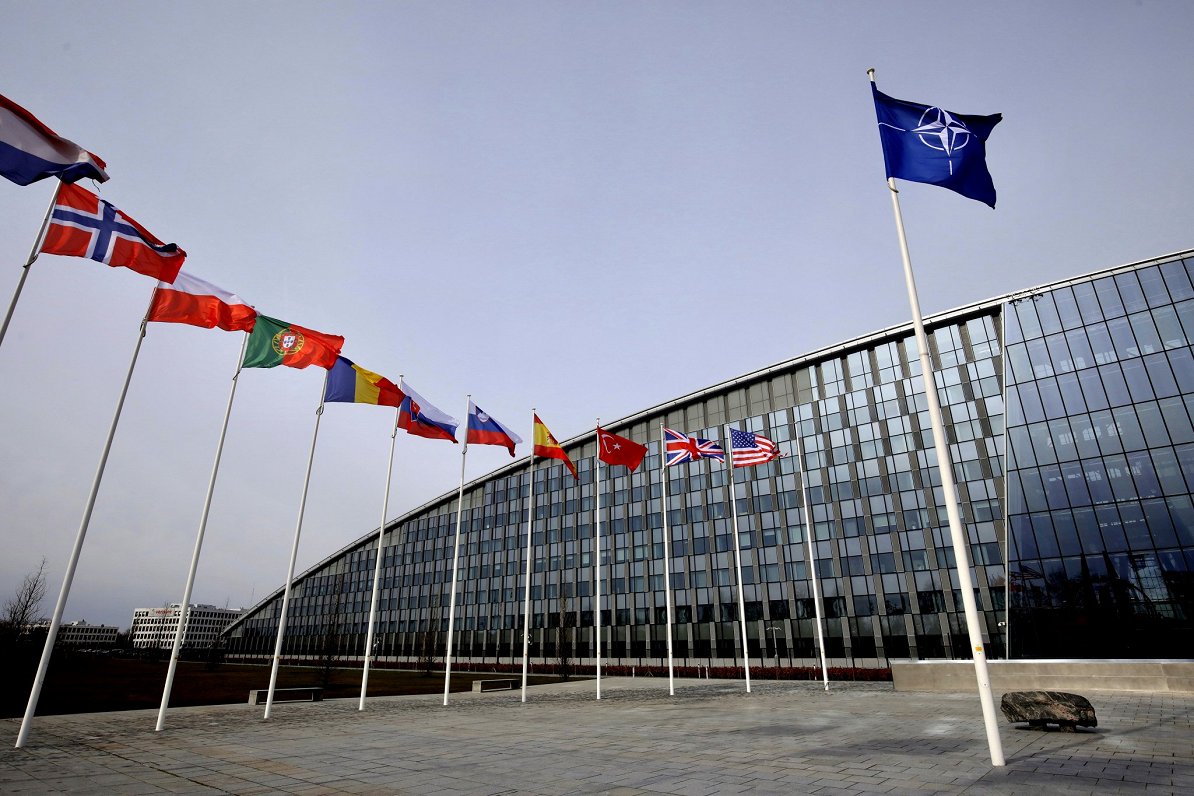“NATO will not relinquish its ability to protect and defend each other, including through its military presence in the eastern part of the alliance. Russia’s demands would create first- and second-class NATO members that we cannot accept,” Oana Lungeske, a spokeswoman for NATO, said.
“We reject any idea of spheres of influence in Europe. We will always respond to any deterioration in our security environment, including by strengthening our collective defense. NATO is vigilant and continues to consider the need to strengthen the eastern part of our alliance.”
On Friday, Romania and Bulgaria described Russia’s demands that NATO’s eastern flank forces be withdrawn from their territories as part of the “security guarantees” demanded by Moscow to de-escalate the situation around Ukraine’s crisis.
On Friday, ahead of important Russian-US talks in Geneva, Moscow called for “the withdrawal of foreign forces, heavy equipment and armaments” from non-NATO countries before 1997.
“This also applies to Bulgaria and Romania,” the Russian Foreign Ministry said, highlighting the two countries that joined NATO in 2004.
According to Romania, NATO’s presence in Allies is “a clear defense response to Russia’s increasingly aggressive behavior in the Middle East, which is now intensifying despite NATO’s efforts to engage in a constructive dialogue.”
The Bulgarian president, for his part, said “there are currently no permanent foreign contingents or combat facilities in the country.”
But “a sovereign decision on such a permanent presence or temporary deployment is up to Bulgaria, in line with our commitment as an ally”.
“Our country does not accept ultimatum demands from anyone,” Radev said.
In December, Moscow issued an ultimatum to the West demanding a halt to NATO’s further expansion to the east and the dismantling of the Alliance’s infrastructure in the so-called new member states, restoring the status quo on 27 May 1997, before NATO’s first enlargement.
US Secretary of State Anthony Blinken and Russian Foreign Minister Sergei Lavrov met in Geneva today to continue diplomatic efforts to ease tensions around Ukraine.
Kiev and the West fear that Russia could again attack Ukraine, where thousands of Russian troops are stationed.
Moscow denies having any such plans, but Russian President Vladimir Putin has threatened that he will have to take “military technical measures” if he does not receive the “security guarantees” he has demanded.
The United States and other NATO members have stated that these demands are unacceptable and not even negotiable, but have shown readiness to talk about arms control, missile deployment and confidence-building measures.
Russia has repeatedly demanded a written response from Washington to its proposals.
Approximately 1,000 US troops and 140 Italian troops are deployed in Romania on a rotating basis, as well as dozens of Polish troops.
Bulgaria has an agreement with the United States to deploy 5,000 troops on a rotating basis.
–
Highlight text and press Ctrl+Enterto send the snippet to the editor!
Highlight text and press Report an error buttons to send the text to be edited!
–
–


